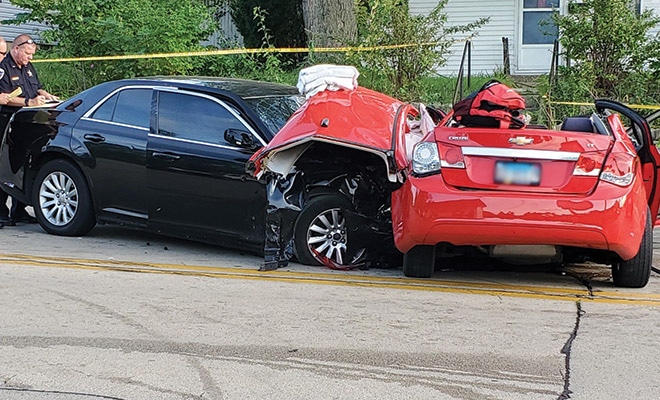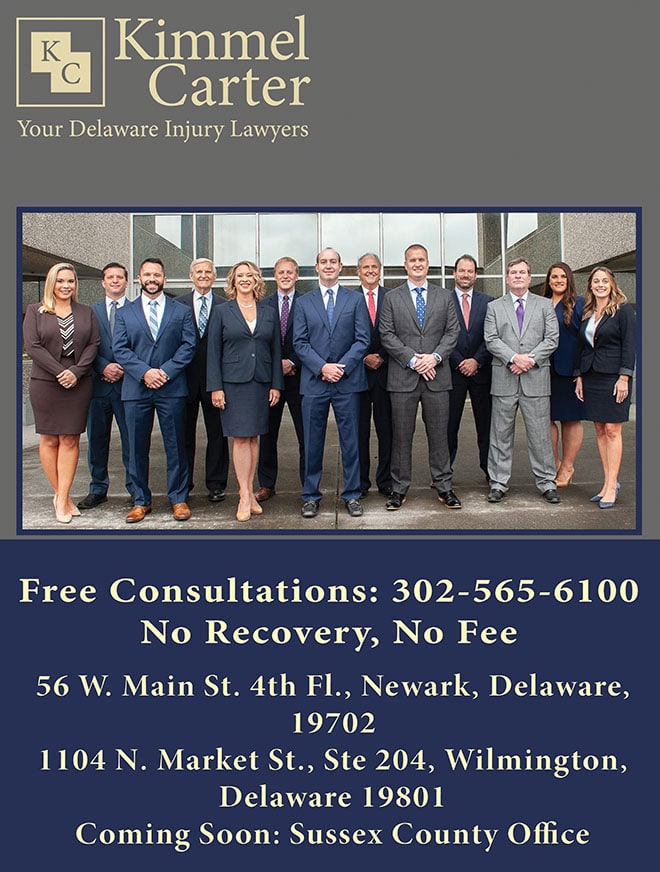Injury – When Will My Car Accident Settle?

By Heather A. Long, Esquire
Whether you’ve been injured at work, in a car accident, in a slip and fall, by a dog bite, medical malpractice or with a defective product, chances are that the injury has had a significant impact on your life. When that happens, there is a tendency to become emotionally invested in both the healing process as well as the justice process. Resolution of the legal issues and demands can be very therapeutic and bring about a sense of closure. Oftentimes, mediation is used as a way to negotiate a fair and final settlement rather than risk time, energy and money at trial.
What is mediation?
Mediation is a type of settlement conference. Prior to the mediation, a neutral person is selected to act as the mediator. The issues that the parties aim to resolve at the mediation are identified, and each party sends a report to the mediator, explaining their legal point of view. One of the parties begins the negotiations process by making a settlement demand to the other party, via the mediator. After the initial demand is made, the mediator facilitates all further negotiations between the parties, by relaying offers and demands back and forth.
In an injury case, the mediator sits down (either in-person or virtually) with the injured party and their attorney to discuss negotiations. There is typically a confidentiality agreement that is signed, and the opposing party is not present. This way, the attorney for the injured persons can talk freely and openly to the mediator without fear that the mediator will relay anything that is said.
After the mediator conferences with the injured party, they then meet privately with the opposing party to relay the demands. The opposing party then has the opportunity to have the same confidential conversations with the mediator, and relays their offer to the injured party by way of the mediator. The mediator then returns to the injured party to let them know what the offer is, and negotiations continue in this manner until hopefully the issues are resolved.

Why go to mediation?
Mediation can be an informal, cost-effective tool to resolve many different kinds of claims. The costs associated with engaging in mediation are typically a fraction of the costs associated with going to trial or other types of hearings. Even better, many times mediations can be conducted within an hour or two, as opposed to engaging in trial for several days or weeks. Many seasoned attorneys prefer this expeditious and (relatively) inexpensive process over the expenses and uncertainties of a jury trial.
What happens after mediation?
After mediation, the parties and their attorneys will execute a settlement agreement, and final settlement documents will be exchanged. The settlement agreement is signed prior to leaving the mediation conference, and then final settlement paperwork is typically sent and executed within the next 7-10 days. Once the final settlement documentation is returned and approved, the settlement funds are usually available within 30 days.
Do I need an attorney?
No, there is no requirement to have an attorney represent you in mediation; however, a skilled injury attorney will be able to provide invaluable advice as to the value of your claim, the applicability of the law to your particular facts, and will help guide you through the process. Most injury attorneys offer free consults and work on a contingency fee, meaning they get paid out of the settlement funds. This puts them on the same side of the bargaining table as you- the more they can get for you, the more they earn for themselves. A consultation with a local injury attorney can help you understand the strengths and weaknesses of your case, the value of your injuries, and can pave the way to mediation. Please call or text my office to arrange for your own free consultation!
For more information, or to schedule a free consultation, please call 302-565-6132 or email her directly at [email protected]
Bio
Heather has been an attorney for over ten years, and is currently practicing Workers’ Compensation and Personal Injury Law. Heather worked her way through law school as a paralegal in a personal injury firm. After passing the bar exam, she spent several years working as a defense attorney, representing local, regional and national companies. With the knowledge gained about the inner workings of these companies, she now represents injured workers and personal injury plaintiffs.
Heather is a graduate of Widener University School of Law, and the University of Nebraska-Lincoln. Heather is licensed to practice law in Delaware, Pennsylvania, and New Jersey.


